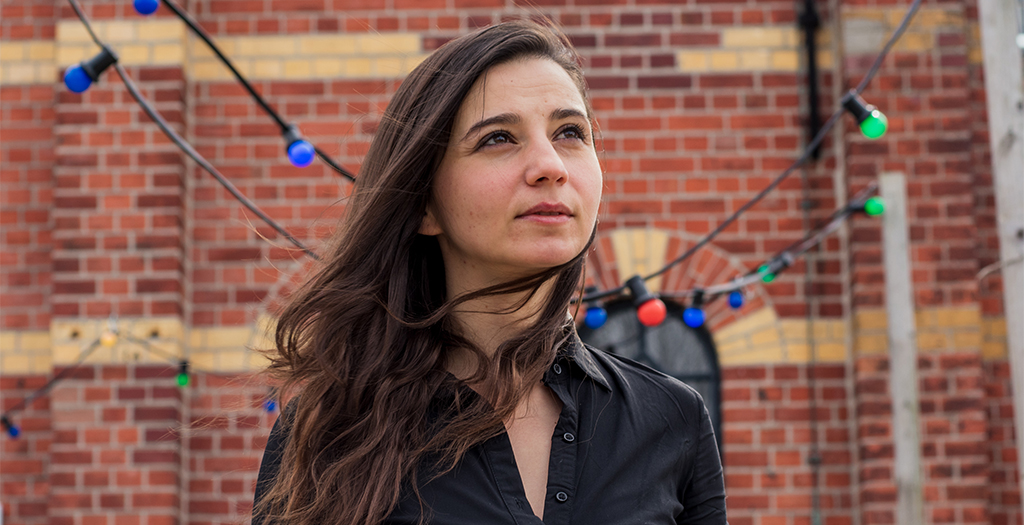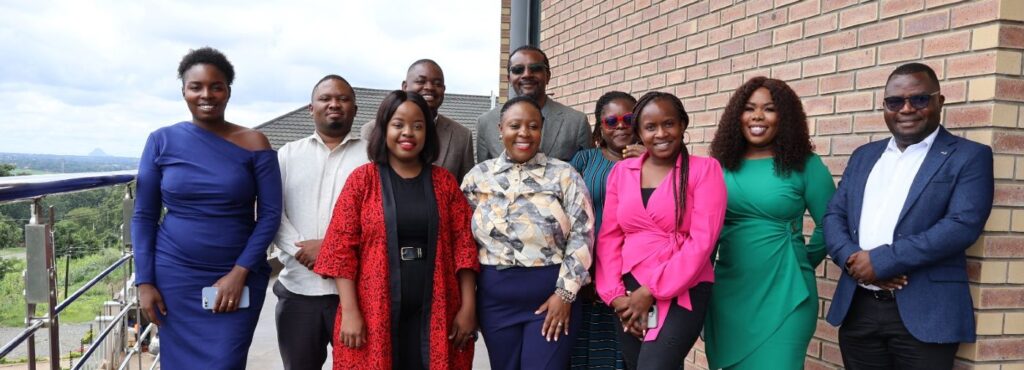On the International Day Against Homophobia, Transphobia & Biphobia, IDAHOT, we celebrate that homosexuality was officially erased from the International Classification of Diseases as a psychological disorder in 1990. While we have made some progress in addressing barriers associated with sexual rights, discrimination against LGBTI+ people is still increasing. Worldwide, millions of lesbian, gay, bisexual, transgender and intersex people are unable to openly love whom they want or to freely express who they are.
At Hivos, we strive for a world where all people have control over their own bodies, irrespective of gender or sexual orientation. As the top foundation in terms of funding for LGBTI+ issues, we have been involved in many programmes around the world since the early 1990s that support courageous LGBTI+ initiatives.
On this special day we are sharing the stories of brave people who launched initiatives in their countries to challenge the status quo and to grow strong LGBTI+ movements.
Utunzi: tracking and tackling violence against Kenya’s LGBTI+ community
In Kenya, engaging in homosexual acts is a punishable crime under the Penal Code. That’s why Hivos East Africa gives frontline support to Utunzi Rainbow Security Network as part of a broader effort to increase safety and security awareness and practices amongst LGBTI+ communities in Eastern Africa. Utunzi, meaning ‘care’ in Kiswahili, is a platform that allows individuals and organisations to report and document violations against LGBTI+ individuals, respond to emergency security situations, track incidents and share information.
James Wangombe, programme development manager at Hivos East Africa, has been involved in the project from the start: “If you are part of the LGBTI+ community in my country, you will experience hatred, violence and discrimination on a regular basis. And the police does nothing to support you. That’s why we set up Utunzi, creating a safe space where people can anonymously report cases against LGBTI+ people and get judicial and medical support.”
Currently, Utunzi is active in Kenya. In the future James aims to expand the programme to neighbouring Uganda, where the need for LGBTI+ rights is even more pressing.
Victoria Clinic: A safe haven for transgender women in the Philippines
The Philippines hardly provides any specialised healthcare support to transgender women. The Victoria Clinic, which opened its doors in Manilla in January 2017, is the first clinic where transgender women can go for physical check-ups, HIV tests and other treatments.
“Most transgender women are not accepted by their family and friends. Here we find a place where we can speak freely, accept who we are and find the courage to achieve something in our lives”, says Johanna, one of the visitors of the clinic.
The Victoria Clinic is only the beginning. For Hivos, it serves as an example and a blueprint for initiatives around the region, aiming to expand support for transgender women in South-East Asia.
Helem: Expanding the movement for Lebanon’s LGBTI rights
Life in Lebanon as a member of the LGBTI+ community is not easy. They experience discrimination and violence on a daily basis and can even be put in jail for a year if they express their sexual preferences. Genwa Samhat is the executive director of Helem, the oldest LGBTI+ organisation in Lebanon, supported by Hivos. Helem aims to empower LGBTI+ people by offering them a safe space at a community centre, engaging in lobbying activities, providing judicial and societal support and helping them with opportunities for talent development.
Genwa adds: “I am hopeful for the situation of LGBTI+ people in Lebanon. In the past years, we have seen attention for the issue increasing in local media and we have successfully won four judicial cases, proving that the accusations were in violation of basic human rights. Helem has grown from an organisation run by five friends to a movement of five organisations with more than 1,000 volunteers. This movement will only grow in the coming years, and I am very proud of that”.
Learn more about Hivos’ work for LGBTI rights.




